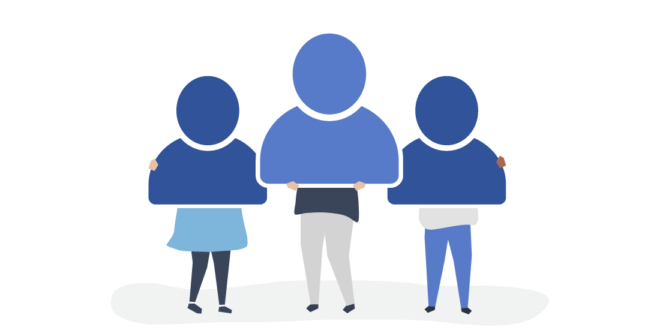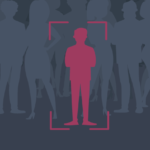Tags Artificial Intelligence HR
Easy and instant communication is no longer just a convenience in the modern world; it is an expectation. This holds true even in the world of job openings. Recently, artificial intelligence has begun to be used to create smart job searches. It works by learning about several hundred signs from both employers and candidates to determine probability matches, only recommending the strongest matches. Interestingly, this has led to a 22% increase in the number of responses to job openings and a 47% increase in the number of invitations for an interview. But even with such advances, there are still some issues to be resolved, especially from the employer side. Most employers only communicate with the strongest suitable candidates, simply not responding to others at all. This leaves many applicants frustrated. For example, 97% of applicants simply want a clear and honest refusal, with 57% simply wanting to know if their CV had been reviewed or not and 66% desiring a reason for rejection.
Although not intuitive, this lack of communication is not beneficial for employers, especially as it relates to artificial intelligence. Not only will it damage their reputation with the applicants (who may be qualified and a potential fit in the future), it will also result in artificial intelligence recruiting measures not being maximized. Without data, artificial intelligence cannot learn. Both of these taken together will result in an employer spending more time to find the right candidates and being less attractive to candidates in the future. In the end, modern tools like artificial intelligence can greatly help increase human resource functions, especially finding the best candidates. But this will require employers to change “business as usual” and learn to communicate more openly and honestly – for the benefit of all.
 BFC Bulletins Monthly News Digest
BFC Bulletins Monthly News Digest




